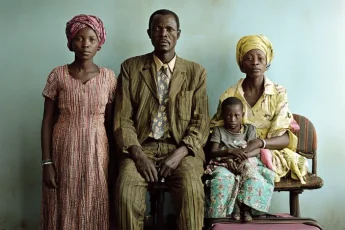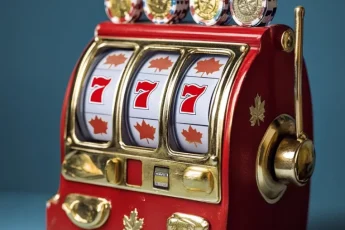Sweepstakes are prohibited or heavily restricted in certain regions due to legal concerns related to gambling, lotteries, and consumer protection. Here’s where sweepstakes are often prohibited or restricted by law:
1. United States
- Florida and New York: Both states impose strict regulations on sweepstakes, including high prize thresholds that require registration and bonding with the state. Although sweepstakes are not outright prohibited, the legal requirements make it challenging for some companies to run promotions there.
- Rhode Island: Sweepstakes that offer prizes with a value over $500 must be registered if conducted in retail locations.
- Washington State: Washington has stricter definitions regarding sweepstakes and sometimes classifies them as lotteries if not carefully structured, making it more challenging to run certain types of promotions.
2. Canada
- Quebec: Sweepstakes are heavily regulated, with strict rules requiring registration, translation of rules into French, and bonding. Many companies exclude Quebec from sweepstakes due to these complex regulations.
3. Brazil
- Sweepstakes are highly restricted and often considered illegal unless specifically authorized by government authorities. Sweepstakes run by private companies without official approval are typically prohibited.
4. India
- Sweepstakes are generally prohibited in India, where gambling laws are strict and sweepstakes are often viewed as a form of lottery, which is illegal in many states.
5. Australia
- New South Wales and South Australia: These states require sweepstakes to be licensed, and the regulations are strict, especially for games of chance. If not properly licensed, sweepstakes may be prohibited.
6. Other Countries
- Belgium: Sweepstakes are classified as games of chance, and strict regulations apply, requiring government approval.
- Italy: Similar to Belgium, sweepstakes are highly regulated and often require local registration and approval.
It’s essential to always check the specific laws of each region before running or entering a sweepstakes, as these restrictions can vary significantly depending on local gambling and promotional laws








